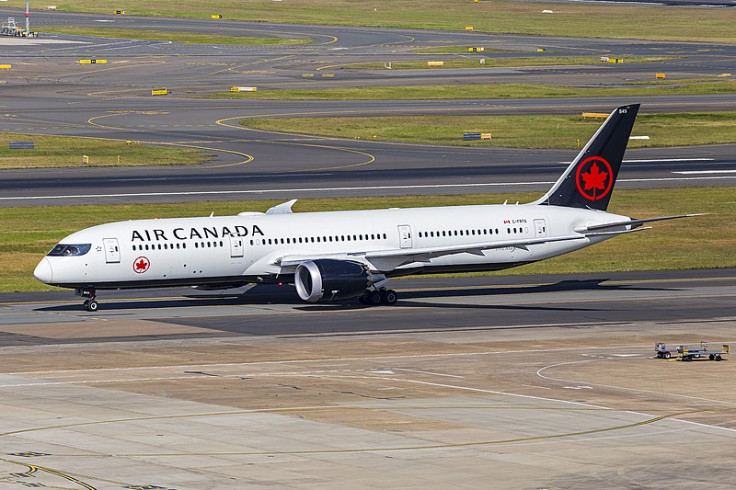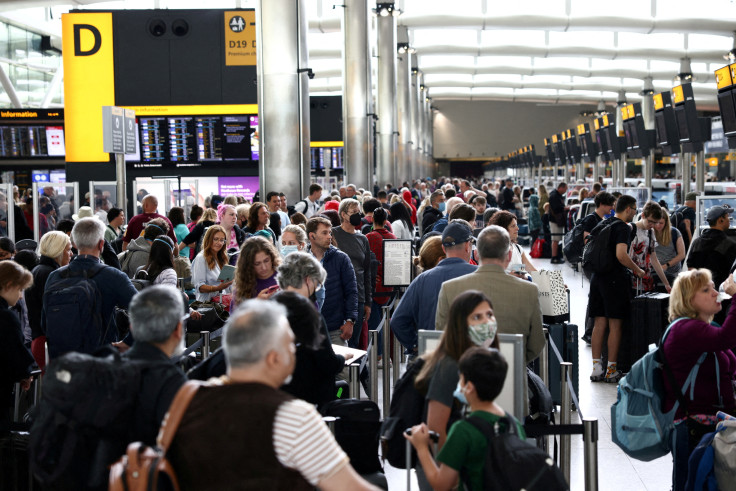Air Canada Strike: Flight Attendants' Vote Could Lead to Thousands of Flight Cancellations
CUPE says attendants haven't had a raise in a decade and want pay for mandatory pre-flight work

Air Canada flight attendants have begun voting on whether to take strike action, a move that could ground more than 1,000 flights a day. The potential walkout could affect both transatlantic and domestic services from as early as mid‑August, with passengers warned to prepare for significant disruption.
The dispute comes amid stalled contract negotiations between the airline and its cabin crew. Travellers and investors are watching closely as the industrial row threatens to disrupt global air travel during the peak summer holiday period.
Why Flight Attendants Are Voting
The Canadian Union of Public Employees (CUPE), which represents more than 10,000 flight attendants at Air Canada and its budget subsidiary Rouge, launched a strike ballot on 28 July. Voting will remain open until 5 August, according to Global News.
Union leaders state that attendants have endured a ten-year wage freeze and lost purchasing power. They are now demanding pay rises, improved pension terms, and payment for mandatory duties, such as boarding, safety inspections, deplaning and assisting passengers with special needs, that are currently unpaid.
What Happens If the Vote Passes
If the vote passes, CUPE could serve Air Canada with a 72-hour strike notice from as early as 16 August. Canadian federal law mandates a 60-day conciliation period followed by a 21-day cooling-off period, which would delay legal strike action until at least late September.
Union officials have stressed that a positive ballot does not guarantee walkout action. However, they argue it would significantly strengthen their leverage in negotiations.

Scale of Potential Disruption
Air Canada operates approximately 1,100 flights daily, including over 500 domestic services, 430 to the United States, and more than 170 international routes across Europe, Asia and beyond.
The airline holds a dominant market share at key Canadian hubs such as Toronto Pearson and Montreal-Trudeau. A strike could therefore cause significant disruption across transatlantic, transpacific and cross-border routes, including major destinations like London, New York, Los Angeles and Tokyo. Analysts warn that knock-on effects may be felt across other carriers and connecting services.
Advice for Passengers
Travel experts advise passengers with bookings during the potential strike window to take precautionary steps. These include opting for refundable tickets, reviewing travel insurance coverage, especially regarding industrial action, and considering alternative carriers such as WestJet, Porter Airlines or United Airlines.
Customers should also register for Air Canada travel alerts and check for updates frequently. Under Canada's Air Passenger Protection Regulations, affected passengers are entitled to rebooking or a full refund. However, compensation for costs such as hotel stays is only available if the airline is deemed responsible for the disruption.
What Comes Next
Talks between CUPE and Air Canada are ongoing, with both parties under mounting pressure to reach a settlement before any strike becomes possible. Union officials say a resolution could be swift if the airline addresses core concerns around pay and working conditions.
For now, the risk of disruption remains. While the legal cooling-off period offers time to avoid a strike, the situation remains fluid. Passengers are urged to plan ahead, remain flexible, and stay informed as the negotiations unfold.
© Copyright IBTimes 2025. All rights reserved.





















